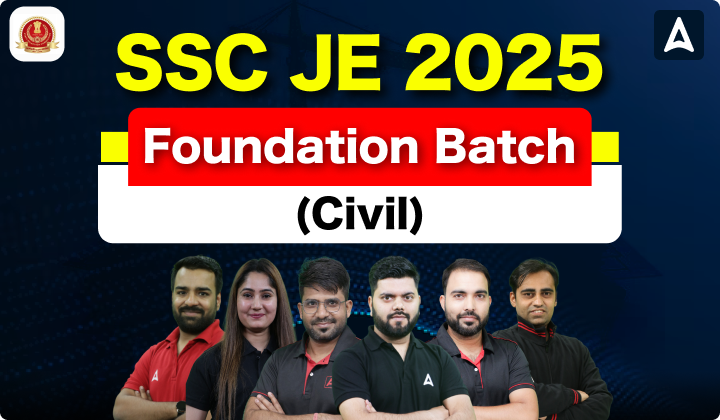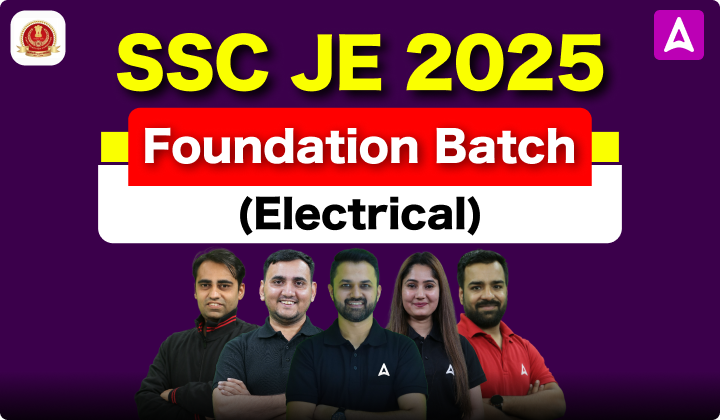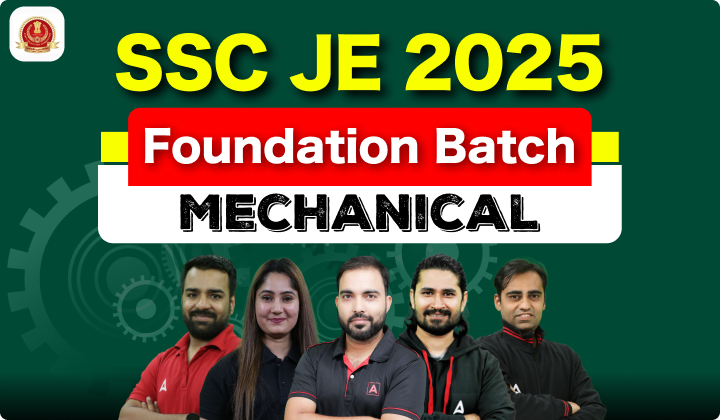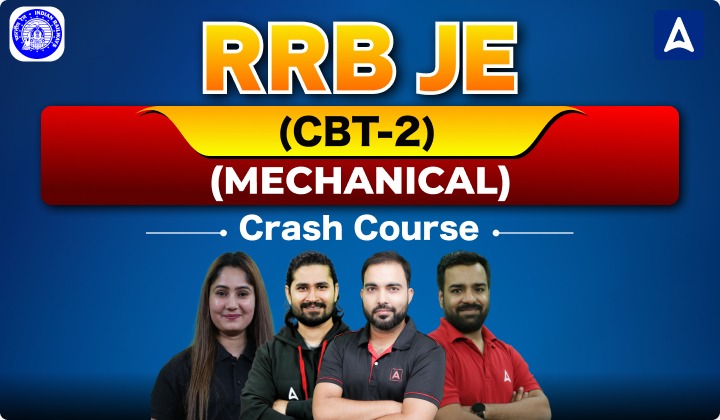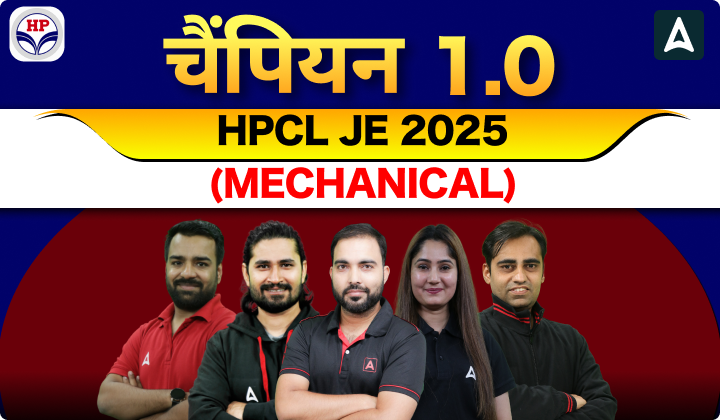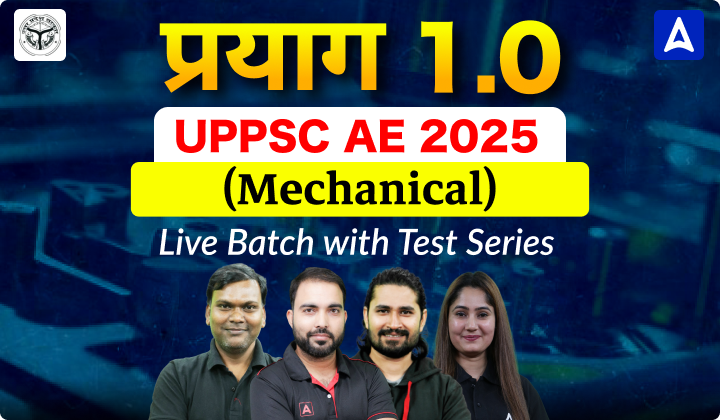Table of Contents
The Rajasthan Subordinate and Ministerial Services Board has released the notification to recruit for the post of Analyst and Programmer. Candidates who have applied for the 45 Vacancies released for Analysts /Programmers are curious to know about the detailed syllabus of RMSSB Analyst 2024. A complete idea of the syllabus and exam pattern is crucial to prepare for the examination. This article details the RMSSB Analyst Syllabus and Exam Pattern.
RSMSSB Analyst Syllabus 2024
Candidates seriously preparing for the RSMSSB written exam for the recruitment of analysts/Programmers should know the complete RSMSSB Syllabus. The complete idea of the syllabus will make candidates fit for the written examination. Candidates can assess which topics they know and which topics require more effort from their end. The crucial details of the RSMSSB Analyst Syllabus have been described here.
RSMSSB Analyst Syllabus 2024- Overview
To understand the complex information contained in this article, we have made a short overview regarding the RSMSSB Analyst Syllabus which will help in understanding the written exam and their following syllabus and exam pattern.
| RSMSSB Analyst Syllabus | |
| Name of Organization | Rajasthan Subordinate and Ministerial Services Board |
| Name of Post | Analyst / Programmer |
| Number of Vacancies | 45 |
| Selection Process | Written Examination |
| RSMSSB Analyst Written Test Date | Will be announced |
| RSMSSB Analyst Sylalbus and Exam Pattern | Available Here |
| Official Website | rpsc.rajasthan.gov.in |
RSMSSB Analyst Exam Pattern 2024
The RSMSSB Analyst Exam will consist of two papers. Paper I and Paper II. Paper I will consist of 100 Marks and Paper II will also consist of 100 Marks. A separate time of 2 -2 hours will be given for both papers. Candidates’s computer science knowledge along with some logical reasoning knowledge will be evaluated through the RSMSSB Exam 2024.
| Number of Papers | Marks | Time |
| Paper I | 100 | 2 Hours |
| Paper II | 100 | 2 Hours |
RSMSSB Analyst Syllabus 2024
Candidates should be well-versed in all the topics that will be asked in the RSMSSB Analyst Exam 2024. The complete idea of all the topics is paramount. Here’s the complete detail of RSMSSB Analyst Syllabus 2024-
Paper I
- Reasoning Test & Numerical Analysis & General Knowledge: Problem-solving, Data Interpretation, Data Sufficiency, Logical Reasoning and Analytical Reasoning. General Knowledge and Current Affairs relating to India and Rajasthan
- Data Base Management Systems: ER Diagram, data models-Relational and Object Oriented databases.
- Data Base Design: Conceptual database design, Normalization of Primitive and Composite data types, the concept of physical and logical databases, data abstraction and data independence, data aggregation, and Relational Algebra
- Application Development using SQL: Host Language interface, embedded SQL programming, Stored procedures, triggers and views, Constraints assertions.
- Internal of RDBMS: Physical data organization in sequential, indexed random, and hashed files. Inverted and multi-list structures, B trees, B+ trees, Query Optimisation, Join algorithm.
Transaction Processing, concurrency control, and recovery management. Transaction model properties and state serializability. Lock base protocols, two-phase locking.
Different server multi-user, multiprocess operating systems, and requirements for client interfaces in distributed application environments - Data Communication and Computer Networks-
- Computer Network Architecture, Circuit Switching, Packet And Massage Switching, Network Structure. Physical Layer, Data Link Layer, Framing. Retransmission
algorithms. - Multiple access and Aloha. CSMA/CD and Ethernet. High-Speed L.ANs and topologies. Broadcast routing and spanning trees.
- TCP/IP Stack. IP Networks and the Internet. DNS and Firewalls. Intrusion Detection and Prevention. Transport layer and TCP/IP. Network Management and Interoperability.
Paper II
System Analysis and Design
- System Concept-Definition and characteristics, elements, and boundaries, types of the system development lifecycle, recognition of needs, feasibility study, prototyping, and the role of system analyst.
- System planning and tools like DFD, data dictionary, decision trees, structured analysis, and decision tables.
- IPO charts, structured walkthrough, input-output form design, requirement and classification of forms, layout considerations form control, object-oriented Design Concepts and methods, Software Life Cycle, and Software Engineering paradigms.
- System analysis: Feasibility study requirement analysis, Cost-benefit analysis, Planning systems, Analysis tools and techniques.
- System Design: design fundamentals, Modular Design, Data and procedural design, object-oriented design.
- System Development: Code documentation, Program design paradigms, Efficiency Consideration.
- Verification, Validation, and Testing: testing methods, Formal Program Verification, Testing Strategies.
- Software Maintenance: Maintenance Characteristics, Maintainability, Maintenance tasks, and side effects.
Software Project Management
- Software Project Management Concept: The Management Spectrum, People, Product, Process & Project.
- Software Process & Project Matrix: Software Measurement Size Oriented Matrixes, Function Oriented Matrices.
- Software Project Planning: Objectives, Decomposition Techniques, Empirical Estimation Model.
- Risk Analysis and Management: Risk Identification, Projection, Risk Refinement, Risk Monitoring and Management
- Project Scheduling & Tracking, Software Quality Assurance, Software Configuration Management

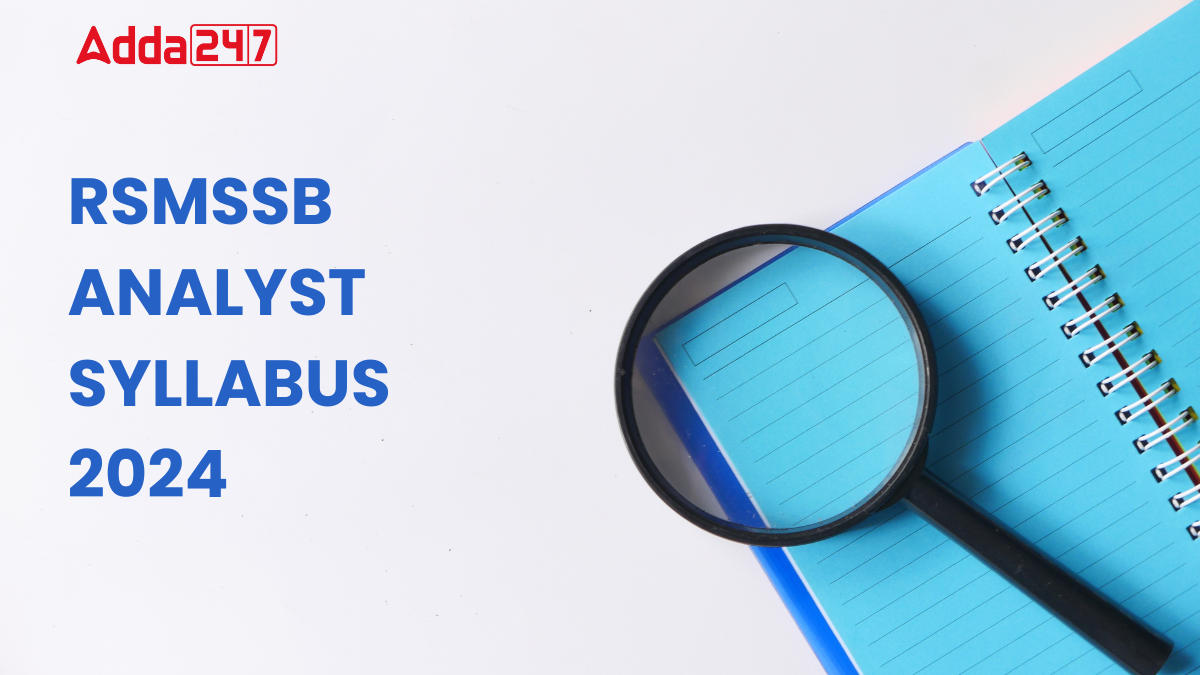


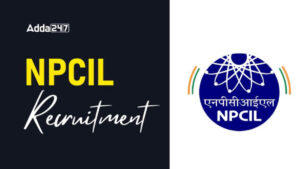 NPCIL Apprentice Recruitment 2025, Apply...
NPCIL Apprentice Recruitment 2025, Apply...
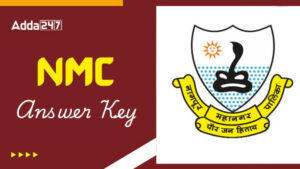 NMC JE Answer Key 2025, Steps To Downloa...
NMC JE Answer Key 2025, Steps To Downloa...
 RRB JE 2025 Last 15 Days Study Plan, Che...
RRB JE 2025 Last 15 Days Study Plan, Che...




